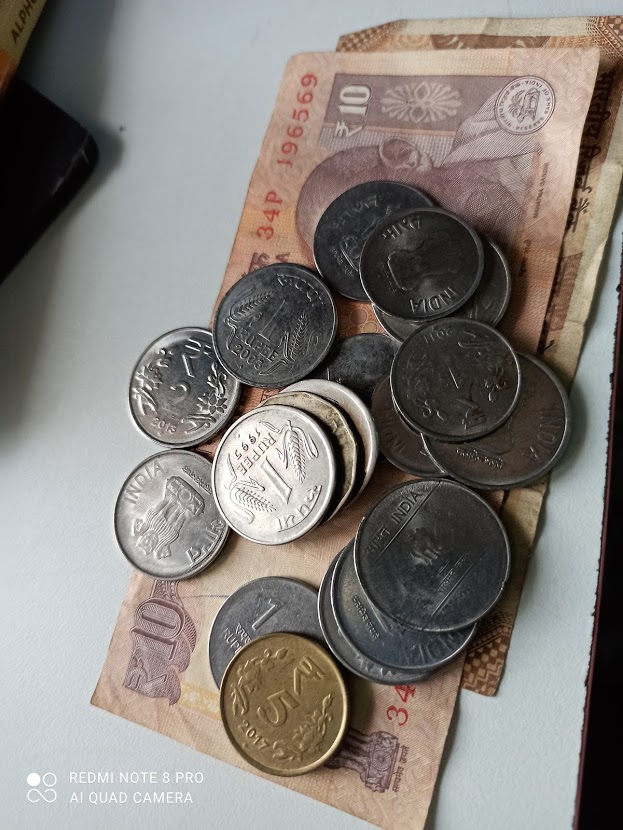NEWS
RBI's Rs 1.2 lakh cr liquidity support under GSAP 2.0 in Sept quarter
RBI will buy bonds worth Rs 1.2 lakh crore in the September quarter under its G-Sec Acquisition Program 2.0.
RBI will buy bonds worth Rs 1.2 lakh crore in the September quarter under its G-Sec Acquisition Program 2.0.

The Reserve Bank of India (RBI) on Friday said it would buy bonds worth Rs 1.2 lakh crore in the September quarter under its G-Sec Acquisition Program 2.0. This is higher than the first tranche and would keep alive the central bank’s drive to keep ample liquidity in the economy.
“This will help to guide borrowing costs lower and likely offset any potential fallout from global externalities e.g. US Federal reserve policy guidance. More support has to be forthcoming as the centre’s budgeted Rs 12trn gross borrowings is set to rise further on transfers to states for revenue shortfalls,” said DBS Singapore economist and senior vice president Radhika Rao.
The central bank said that the remaining Rs 40,000 crore of GSAP 1.0 will be conducted through an auction on 17 June. Of this, Rs 10,000 crore would constitute purchase of state development loans (SDLs).
In the earlier monetary policy on 7 April, RBI Governor Shaktikanta Das announced that the RBI will conduct open market purchases of government securities of Rs 1 lakh crore under the GSAP 1.0 in first quarter of FY22. In the first auction under G-SAP 1.0 on 15 April, the notified amount of Rs 25,000 crore had received an enthusiastic response. Later RBI announced that it would conduct the second auction of Rs 35,000 on 20 May.
“The announcement of GSAP 2.0 for Rs 1.2 lakh crore and the carve out for SDLs bonds in the programme is likely to help ease the pressure in the bond market, especially given the higher state borrowing pressure and increase in Centre borrowings this fiscal,” said HDFC Bank chief economist Abheek Barua.
Added Icra “The inclusion of SDL in the last tranche of GSAP 1.0 is likely to temporarily moderate the 10 year G-sec-SDL spread below the prevailing 80 bps. Nevertheless, a sustenance of lower spreads may require continued purchases of SDL by the Central Bank through GSAP or regular open market operations,” said ICRA chief economist Aditi Nayar.
